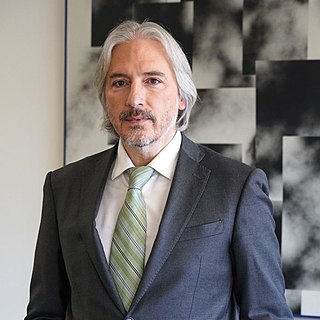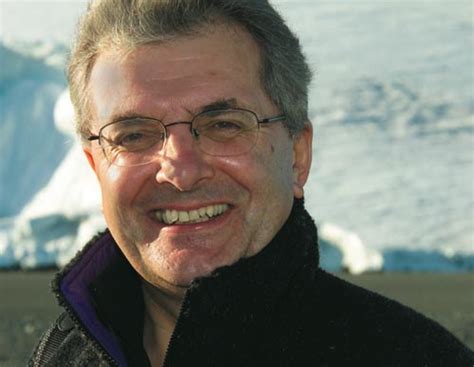A Quote by Vivienne Westwood
I always thought we had an environmental problem, but I hadn't realized how urgent it was. James Lovelock writes that by the end of this century there will be one billion people left.
Related Quotes
Most of us still believe in the intrinsic value of nature, but I think the first century of the environmental/conservation movement demonstrated pretty clearly that this value cannot compel a civilization-wide shift toward sustainable behavior and enterprise when stacked up against the urgent economic and social needs of 7 billion people, most of whom are struggling to get out of poverty.
In the 20th century, we had a century where at the beginning of the century, most of the world was agricultural and industry was very primitive. At the end of that century, we had men in orbit, we had been to the moon, we had people with cell phones and colour televisions and the Internet and amazing medical technology of all kinds.
I think that they hoped the private sector would come in. And the private sector tried to come in until they saw the size of the problem. I mean, from were people on that weekend that thought they'd had a solution. And then the hole kept getting bigger and bigger. And all of a sudden became apparent that 20 billion wouldn't do it and 30 billion wouldn't do it and 40 billion wouldn't do it. So it got beyond anybody's ability to certainly to do it in a short period of time.
The great challenge of the 21st century is to provide good standards of living for 7 billion people without depleting the earth's resources or running up massive levels of public debt. To achieve this, government and business alike will need to find new models of growth that are in both environmental and economic balance.
Years ago, I picked up figure skating. How hard could spins and jumps be, I thought? It's just applied Newtonian physics. After repeatedly falling on my rear end, I realized it was harder than I thought. But it had an upside. That is how I met my wife, who was ice dancing at the Rockefeller Center ice rink.
A couple years ago, I felt like I was in a dead end, and I kept asking myself, "How do you get out of a dead end?" People would say the answer is, "You just turn around." But that was not the answer that I was going to accept. I realized, for me, that getting out of a dead end was literally the world turning upside down, and I had to fall out of the dead end. So you have to surrender, so I've really learned how to surrender, practice unconditional love. With my art, I've always put out things I love.







































